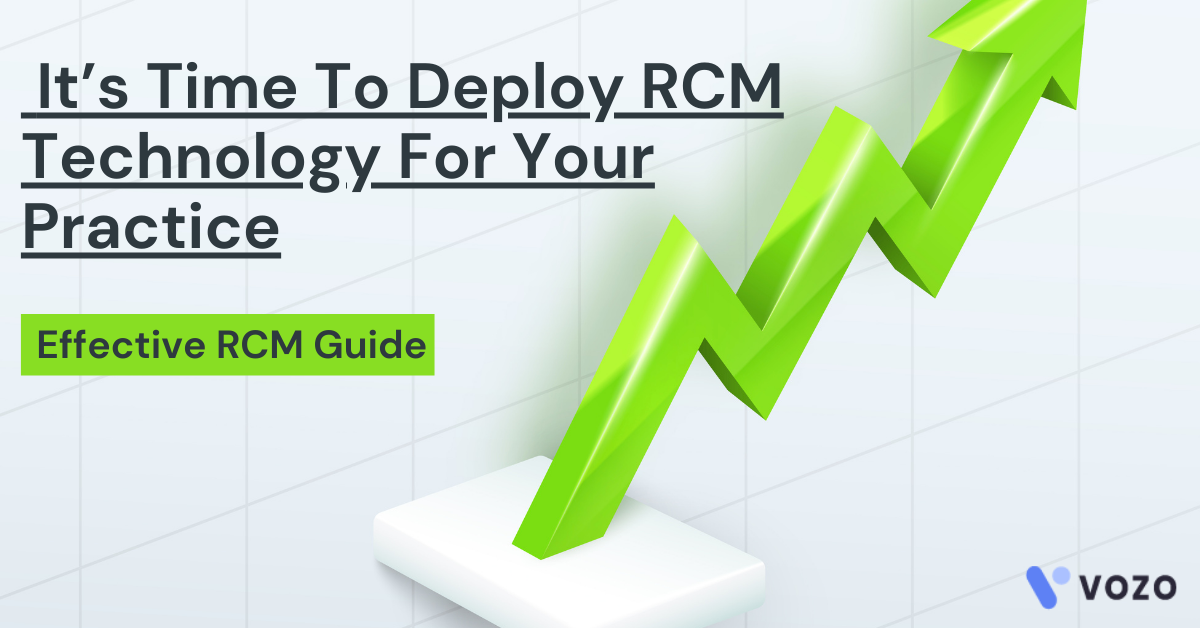It’s Time To Deploy RCM Technology For Your Practice
A recent survey showed that nearly three-quarters of health systems in the US deployed revenue cycle management technology.
RCM technology deployments came in handy during the ongoing pandemic for some hospitals and health systems, according to about 40 percent of healthcare executives and revenue cycle leaders who said their organizations were able to fully use remote deployment processes to keep projects on track despite social distancing and/or quarantine requirements.
However, nearly the same amount of survey respondents said their projects have been delayed because of pandemic-era requirements, which have limited the ability to accommodate required on-site consultants and knowledge transfer.
Those delays were typically longer than six months, the majority (54 percent) of survey respondents agreed. Even more respondents (90 percent) reported delays of three to six months or longer.
The remaining respondents (25 percent) said they did not experience project delays because they did not have any active RCM technology deployments during the time when social distancing and/or quarantine requirements were in place.
READ MORE: The 5 Biggest RCM Mistakes You Can Easily Avoid
The survey points to an interest in revenue cycle management optimization despite the demands of an ongoing pandemic. But pandemic-era requirements meant to keep people safe from COVID-19 have complicated the traditionally in-person implementation process for these technologies.
Revenue cycle management was one of the areas in healthcare that largely moved to remote work once the pandemic hit. Many hospitals and health systems are considering making a more permanent move to work-from-home employment, whether through more work-from-home positions or by keeping tools in place to enable a quick transition back to remote work if needed.
RCM technology and automation have been key to enabling remote work. Hospital and health systems leaders have relied on their organization’s technological infrastructure to measure items like productivity and quality during the transition to remote work.
About 30 percent of the CFOs and revenue cycle leaders surveyed said their organizations have never used automation in revenue cycle operations, while approximately 3 percent reported that they no longer use automation.
RCM automation deployment is still a priority—over half of those not using RCM automation said they plan to do so by the end of this year—but the current state of in-person and especially cross-company collaboration could dampen hospital and health system plans.
RCM automation: Here now, and here to stay
When it comes to digital transformation, the future is already here. Hospitals are racing to reinvent themselves, bold decisions are being made to expand RCM strategies with focused partnerships and patients now have consumer-like expectations of their healthcare financial experience.
Through the use of advanced RPA, machine learning, and AI technologies, new collaborations are supporting efforts to reduce denial rates and operating costs, create operational efficiencies and improve the financial experience.
The shortest path for hospitals to leverage automation is to seek out the right revenue cycle management partner that learned automation and is deploying it effectively in their solutions. Choosing that partner is a key strategic decision.
About the author

With more than 4 years of experience in the dynamic healthcare technology landscape, Sid specializes in crafting compelling content on topics including EHR/EMR, patient portals, healthcare automation, remote patient monitoring, and health information exchange. His expertise lies in translating cutting-edge innovations and intricate topics into engaging narratives that resonate with diverse audiences.













